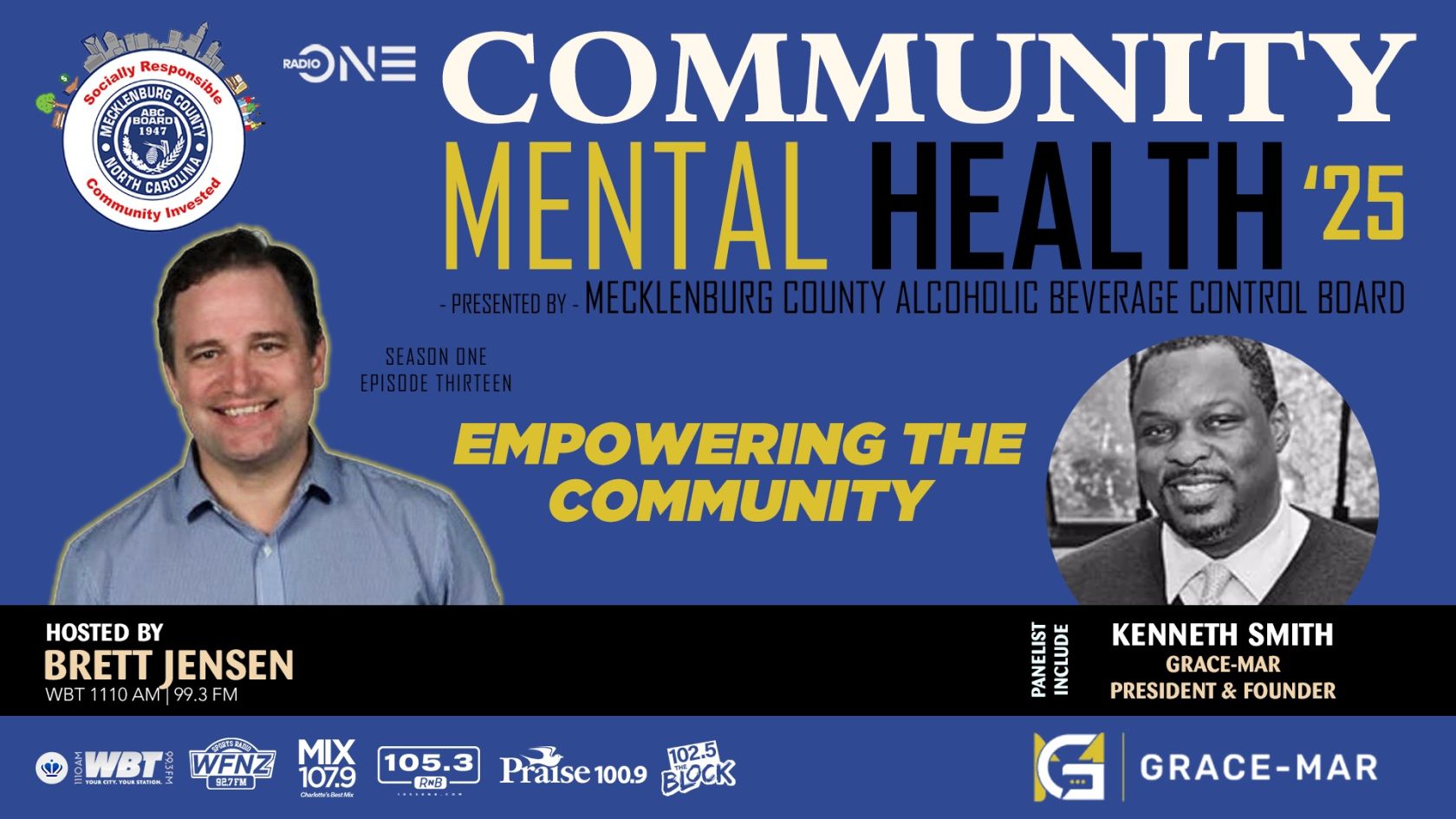DOE Publishes New Rules Restricting Student Loan Forgiveness

The Trump administration has taken another step toward limiting relief for student borrowers and adding another roadblock against higher education.
On Friday, the Department of Education released proposed regulations aimed at restricting eligibility for the Public Service Loan Forgiveness (PSLF) program, dramatically reshaping access to debt cancellation for millions working in government and nonprofit roles.
Created in 2007 under President George W. Bush, PSLF was designed to encourage borrowers to enter lower-paying public service careers—such as public defenders, community health nurses, or nonprofit employees—by offering full federal loan forgiveness after 10 years of qualifying payments. The early implementation of the program was filled with problems, but it was improved and significantly expanded during the Biden-Harris administration, leading to more than a million borrowers being approved for forgiveness.
Now, the Trump administration is once again seeking to roll back that progress. Following an executive order issued by Trump back in March, the Department of Education has drafted regulations that would narrow the scope of qualifying employment under PSLF.
Under the proposed regulations, entire nonprofit or government employers could be excluded from PSLF eligibility if the Department determines, based on a “preponderance of evidence,” that an organization has engaged in activities with a “substantial illegal purpose” after July 1, 2026. That definition could include:
• Providing healthcare services to transgender youth
• Violating state laws
• Facilitating violations of federal immigration policies
• Engaging in discriminatory practices

The Department argues the restrictions are necessary to “preserve the integrity of the PSLF program” by ensuring only organizations engaged in lawful public service qualify. Borrowers working at affected institutions would be forced to change jobs if they wanted to remain eligible for forgiveness. The rules were officially published in the Federal Register on Monday, kicking off a 30-day public comment period, though the agency isn’t required to act based on those comments, as this is an attempt at government transparency, which is required by the Administrative Procedures Act.
“President [Donald] Trump has given the Department a historic mandate to restore the Public Service Loan Forgiveness program to its original purpose — supporting public servants who strengthen their communities and serve the public good, not benefiting businesses engaged in illegal activity that harm Americans,” Under Secretary of Education Nicholas Kent said in a statement. “The federal government has a vital interest in deterring unlawful conduct, and we’re moving quickly to ensure employers don’t benefit while breaking the law.”
Advocates warn the regulations could be weaponized to punish states, cities, and nonprofits that conflict with the administration’s political agenda.
“Public Service Loan Forgiveness was enacted in a bipartisan way to help incentivize hardworking people to go into public service,” Randi Weingarten, the president of the American Federation of Teachers, told NBC News. “The Trump administration is trying, through executive authority, to limit who can access this benefit based on a litmus test of who they like and who they don’t like.”
The Institute for College Access and Success (TICAS) notes that the rules could strip PSLF eligibility from entire jurisdictions labeled as “sanctuary cities” by the Department of Homeland Security, including major states like California and New York, as well as cities such as Boston, Denver, and Philadelphia.
“In May, the Department of Homeland Security released a list of what it called ‘sanctuary jurisdictions’ that it believed were ‘defying federal immigration laws,’” said TICAS. “Under the PSLF regulation proposed by the Department of Education, all employees of any of those jurisdictions could lose eligibility to get PSLF because the Department could determine that they are ‘aiding and abetting’ what the Department of Education (not the Department of Justice or Department of Homeland Security) feels is a violation of immigration laws,” said TICAS. “Notably, that determination would not be made by a court, but instead by the Secretary of the Department of Education.”
Hospitals that provide gender-affirming care, universities with progressive policies, and nonprofits engaged in civil rights advocacy could also fall under scrutiny, which, as pointed out by TICAS, would not be determined by courts, but solely by the Secretary of Education; a shift critics say is both overreaching and unlawful.
“When Congress passed the PSLF law, it said that all government employers and all non-profit employers qualify, without including any exceptions,” TICAS said in a blog post. “The Department’s claim that it can limit eligibility for any employer based on its alleged conduct conflicts with the PSLF law and has no statutory basis.”
While the regulations have not been enacted yet, the Department is moving quickly as the 30-day comment period opened Monday, after which officials are expected to finalize the rules by Nov. 1, 2025, with an effective date of July 1, 2026. Legal challenges are almost certain, as opponents argue the Department is attempting to rewrite congressional intent through regulation rather than legislation.
SEE ALSO:
Student Loan Collections Make American Credit Scores Plummet
Education Department To Garnish Wages On Student Loan Debt
DOE Publishes New Rules Restricting Student Loan Forgiveness was originally published on newsone.com
















